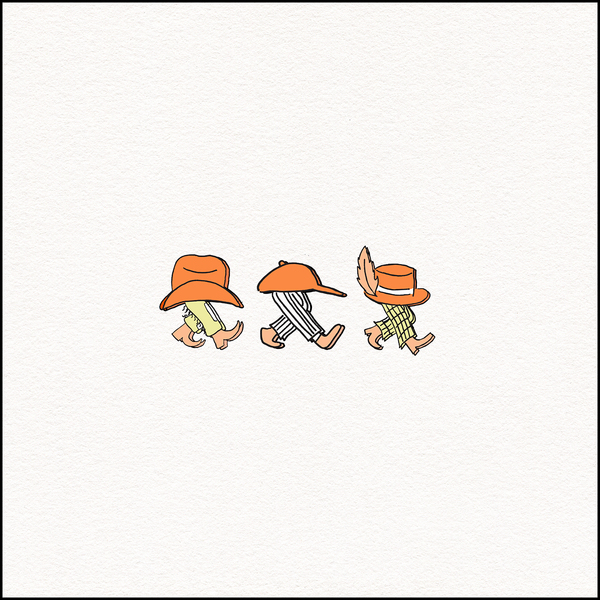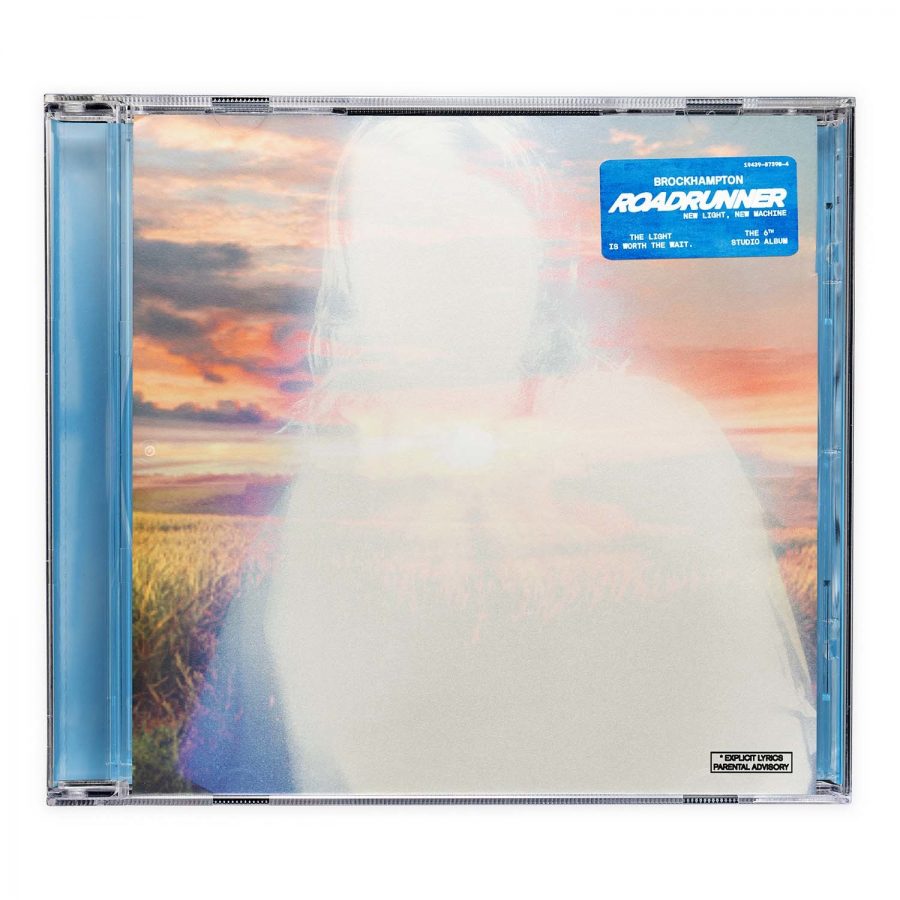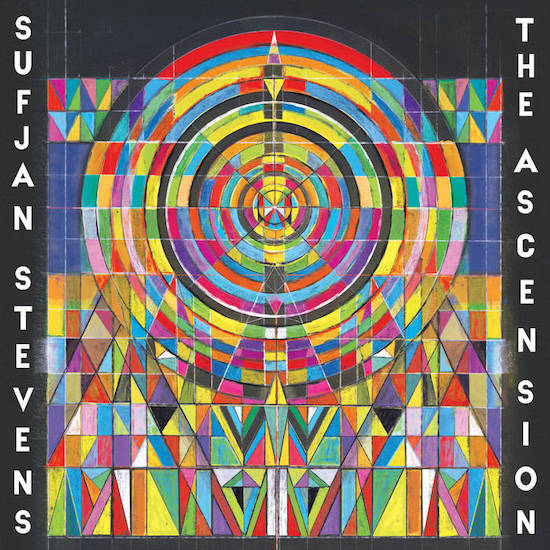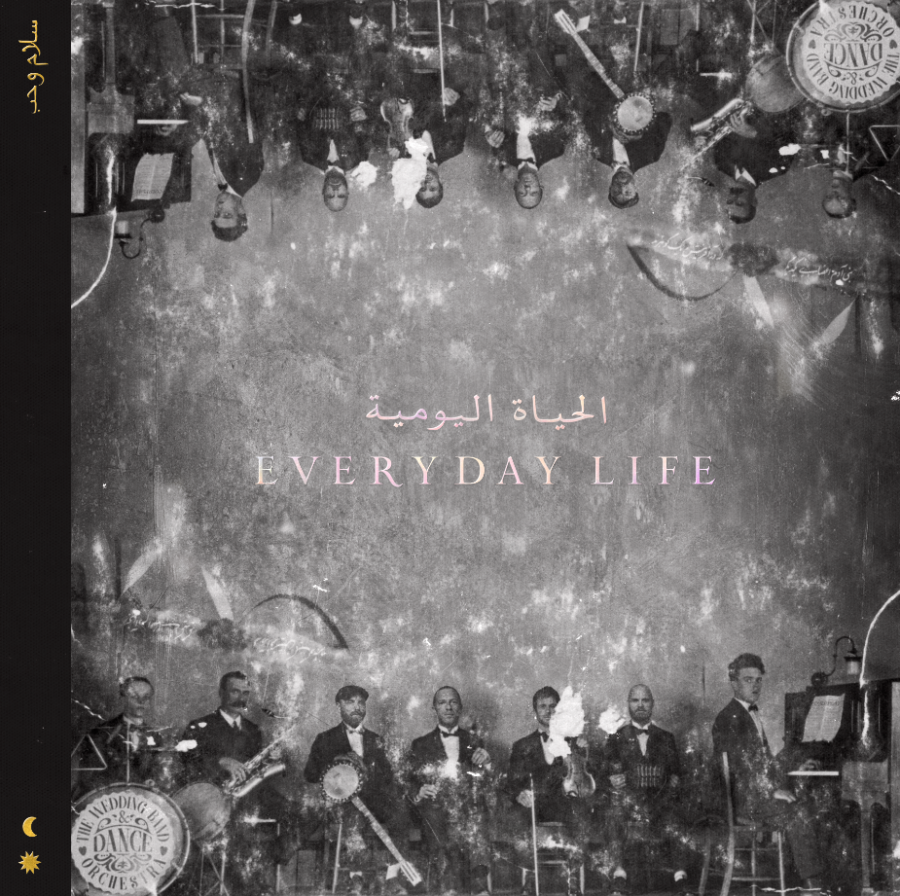Though music has been a constant in human life for thousands of years, the means by which music has been created have constantly evolved. Take the piano, which for many is the first instrument they learn.
Pianos are almost ubiquitous in churches and other public performance spaces, and many in the upper class can afford to put them in their living rooms. It has become associated with weepy ballads and stern classicism, middle school student geniuses and sleazy saloon patrons alike. Before the early 18th century, however, the piano did not exist.
When it was invented, it was favored by players and composers because it was both loud enough to be heard throughout a concert hall in an age before amplification and precise enough for players to control the sound of the notes. I hope by this example to illustrate the idea that reality has no room for what we often idealize as “traditional” musical instruments.
This is a roundabout way of introducing a highly non-traditional album. Satelliti is the stage name of two Italian musicians named Andrea Polato (drums) and Marco Dalle Luche (keyboards and synths).
They have been jamming together since 2010 and, in line with a whole army of European innovators, have created some truly remarkable improvised work that owes its roots to jazz but fearlessly absorbs influences from other genres. Their new album, “Transistor,” is a set of exciting duets that combines jazz with elements of rock music, house, psychedelia and ‘90s Detroit techno.
While the flow of most traditional jazz, at least in more popular forms like swing and bebop, is defined by alternating solos and bands with strong leaders, Satelliti sounds more like an equal partnership. This is not to say that their work is soft or conciliatory.
Their pieces surge and seethe with energy, using relatively familiar dance structures — as found in early electronic music — and rearranging them in unpredictable ways. Here the point of the music is not to sound humane or naturalistic but to infuse the most mechanical of rhythms with a definite purpose. Like all music, it is skillfully handled technology that produces the best results, and “Transistor” is certainly a strong piece of work.
Polato’s drumming sets the clockwork of each song in motion. Often imitating electronic drum machines in his precision, he is not keen on staying in one place for too long. While cast-iron grooves are numerous on the album, he is surprisingly agile as well, keeping the whole affair from getting monotonous.
His skills are most obviously on display in the more aggressive tracks. The best of these include “Voltage,” “Canada” and the final track, “Transistor.”
Dalle Luche has an even more varied bag of tricks to employ, generally using synth loops to create tension and regularity in the grooves while introducing more manic improvised layers on top of the rhythms.
Some of the synth work is indebted to the shredding, squelchy style of Detroit techno, while some tracks feature sounds like wind chimes and other soft tones. A couple of the tracks, the longest of which is “Bright Tunnel,” eschew fireworks altogether and opt for a more thoughtful pace and warmer textures.
It is a testament to the versatility of both the musicians and the tools they are using that all of this sounds consistent with the larger whole. I would go so far as to say that this band, along with others like The Neck and Dawn of Midi, are at the cusp of a new and vital form of jazz fusion with electronic music forms. It’s an exciting time to be listening to jazz.











